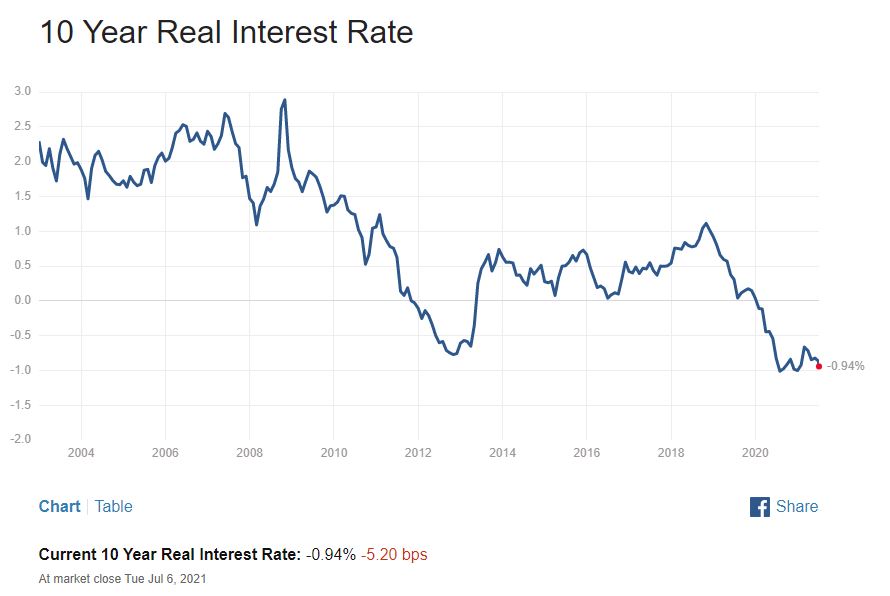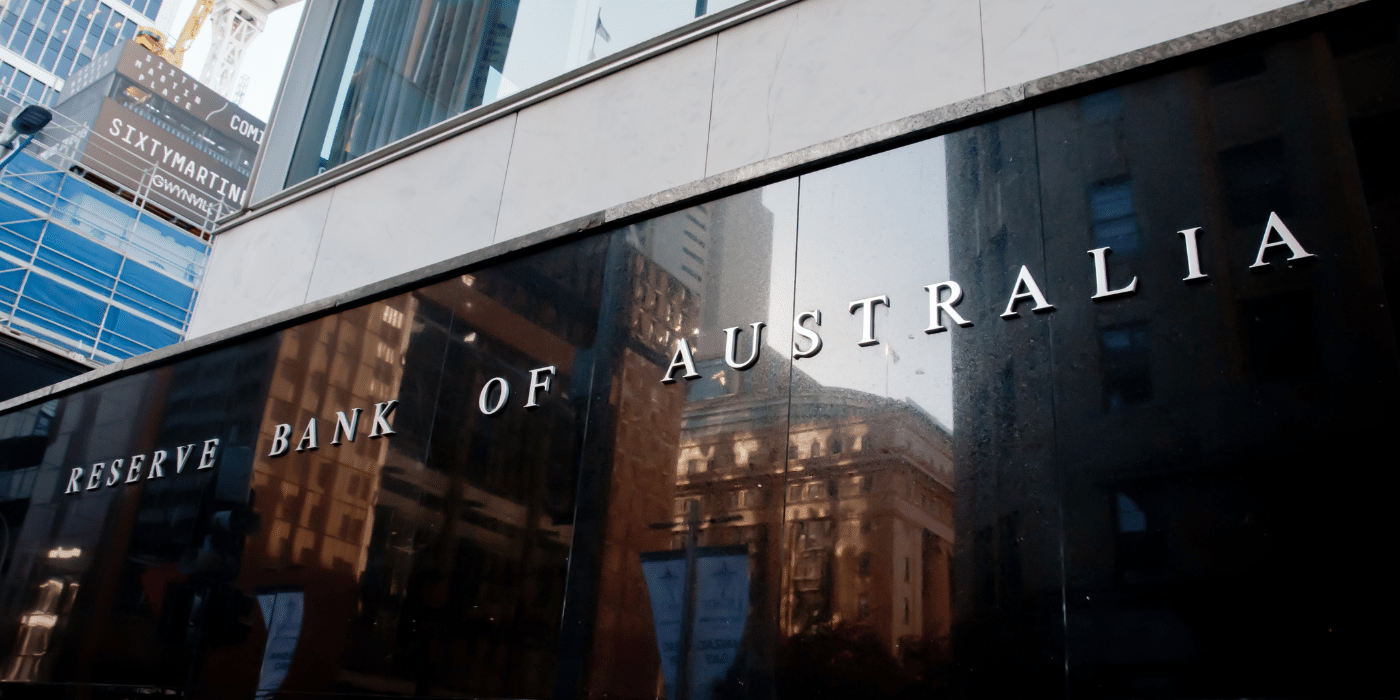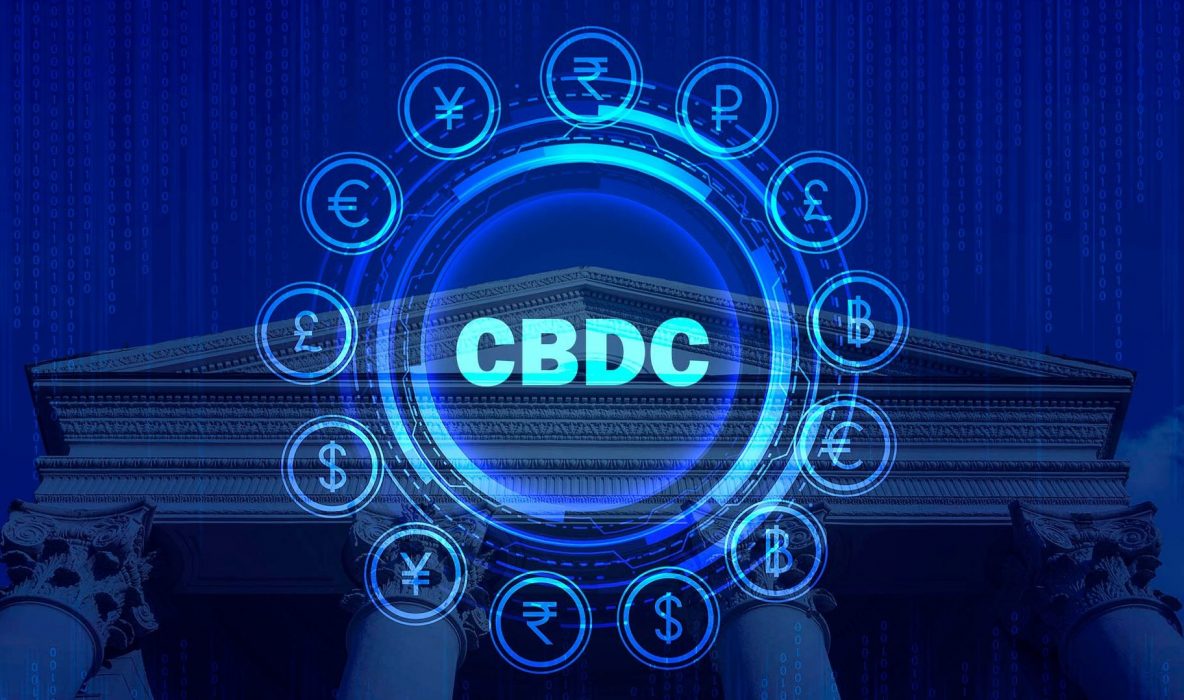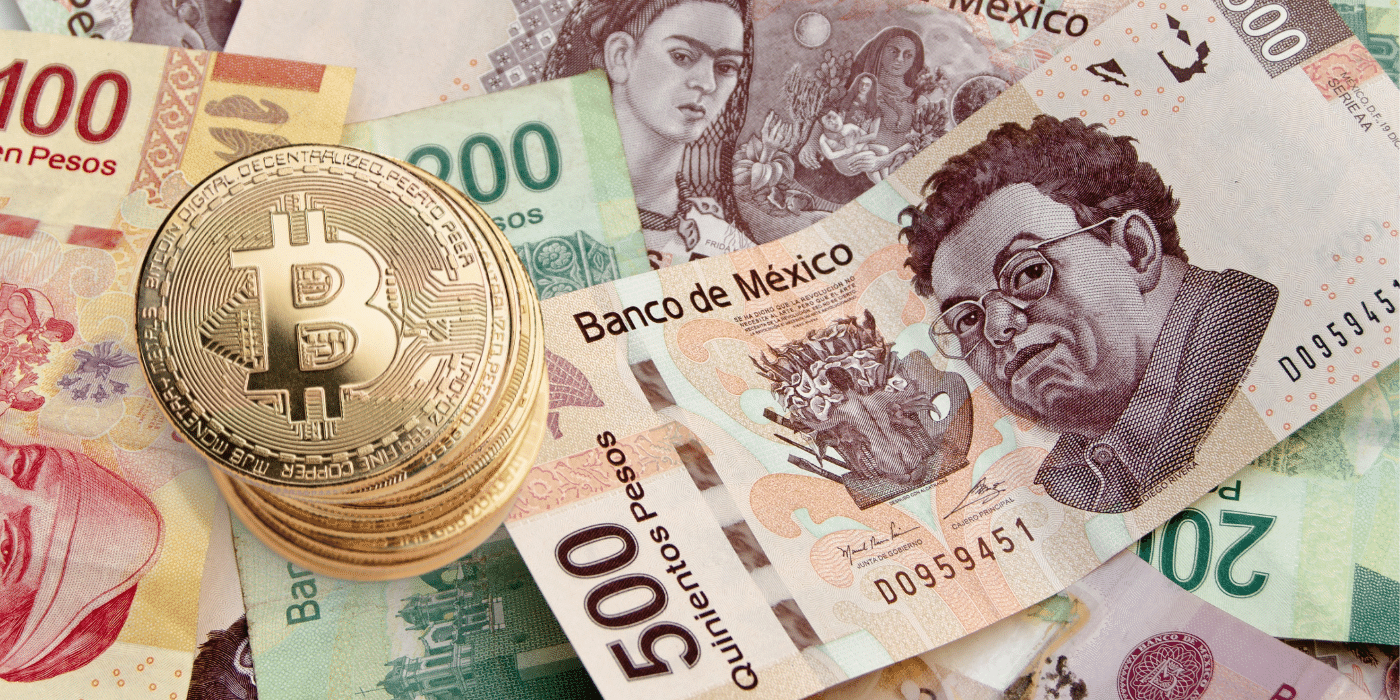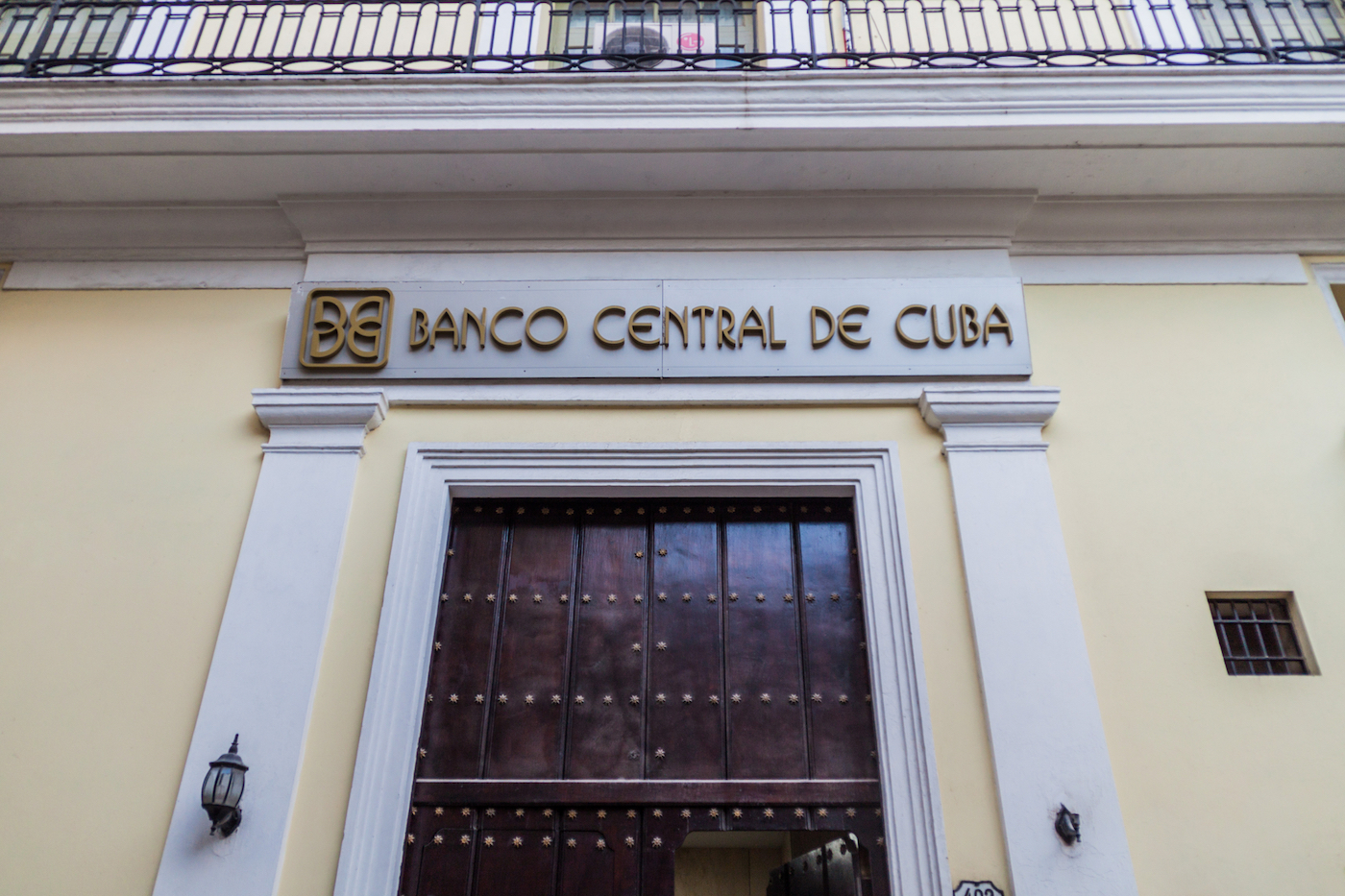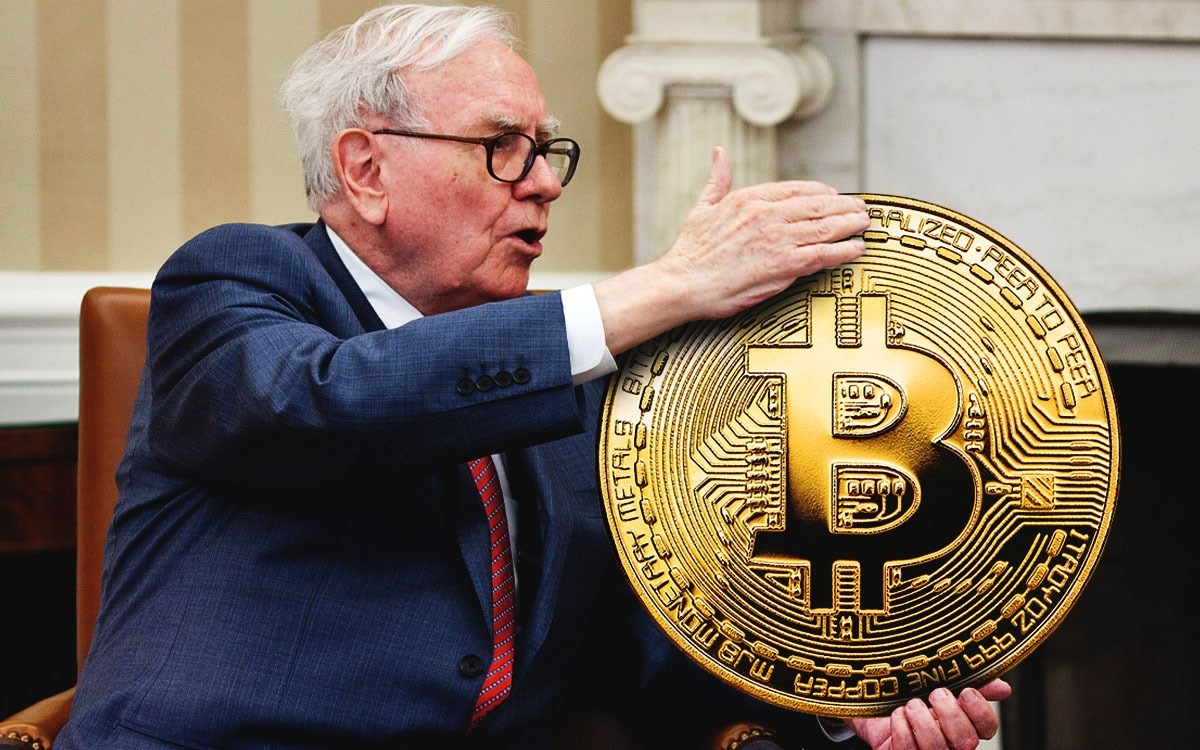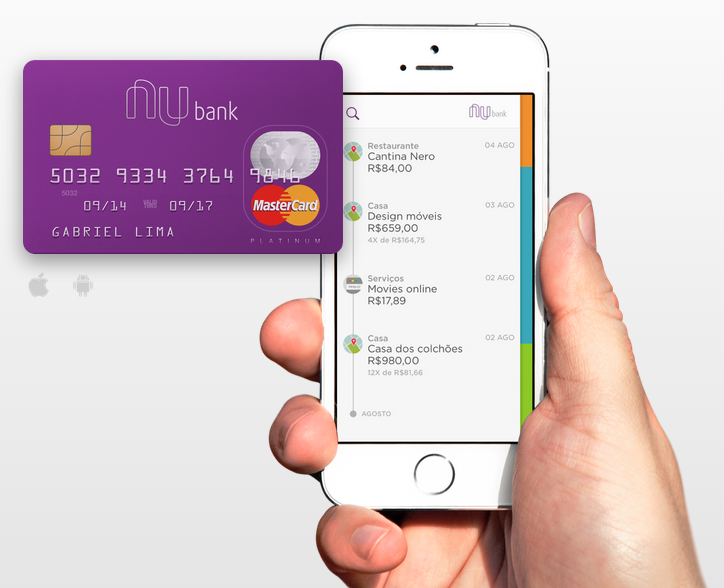National Australia Bank (NAB) will participate in a new project with several overseas banks to offset carbon emissions using blockchain technology.
The Big Four bank is joining the Canadian Imperial Bank of Commerce (CIBC), Brazil’s Itaú Unibanco, and UK’s bank and insurance company NatWest to launch Project Carbon – a voluntary pilot to enter the carbon marketplace.
Project Carbon to Use Ethereum Blockchain to Provide Transparency
More companies are buying carbon offsets, which are rights to reduce carbon emissions. This follows a surge in demand for greener assets in recent months, prompting institutions to set net zero targets in response.
The strategy has been heavily criticised for the lack of transparency of transactions and its overall effectiveness. However, Project Carbon will use smart contracts from the Ethereum blockchain to record all transactions, demonstrating demand, trade sizes and prices of offsets. Drivers of the project hope this will provide enough transparency to encourage investors to stake their capital in green projects.
Project Carbon is a terrific example of how technologies such as blockchain can address existing barriers and make carbon offsets more accessible for our customers.
Victor Dodig, CIBC chief executive officer
Using Blockchain to Tackle Emissions
Blockchain technology can be an useful tool for institutions that aim to reduce CO2 emissions, and Australia is already addressing social and global eco-friendly issues using blockchain. As reported this week, Australia’s first international hackathon – an event hosted by Melbourne’s Monash University – will receive submissions from applicants worldwide to suggest ideas on how blockchain can address global issues.
The local crypto community has criticised banks in Australia, especially the big four lenders, for their indifferent and outdated policies regarding cryptocurrencies and potential blockchain technology use.
However, NAB marks the difference here and it hopes that blockchain will serve as the key technology for Project Carbon and be the backbone for the future of the carbon marketplace.



